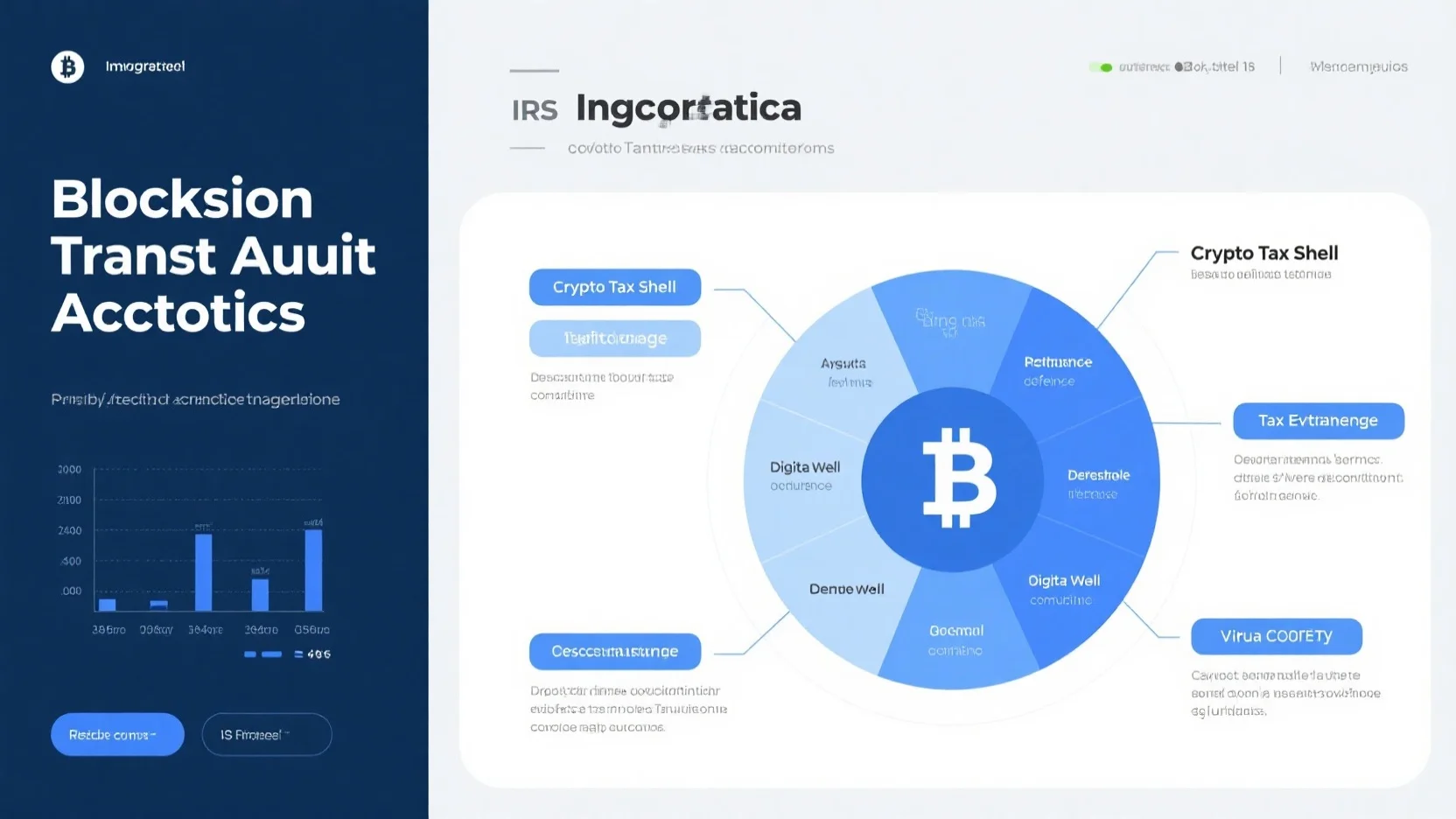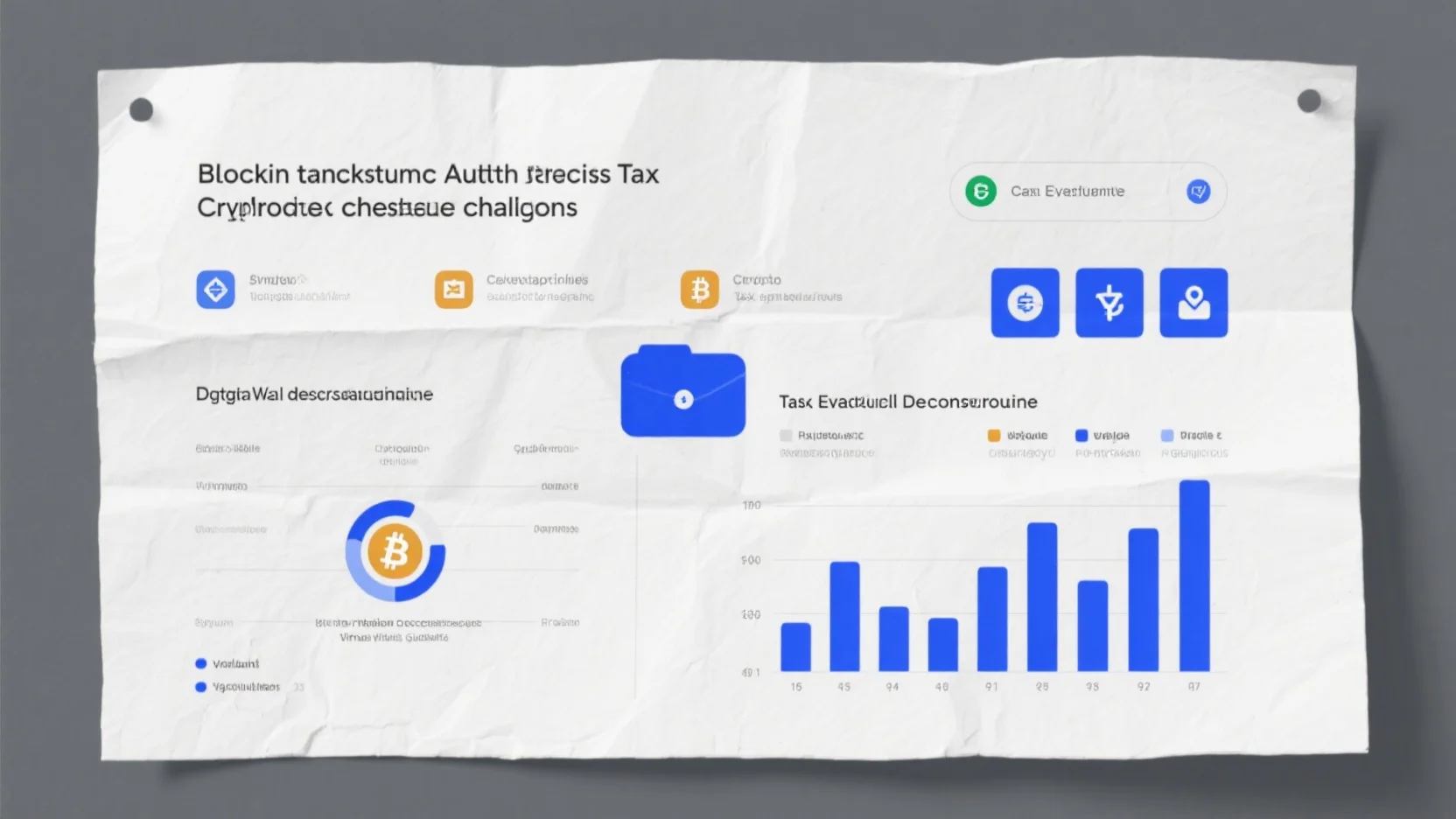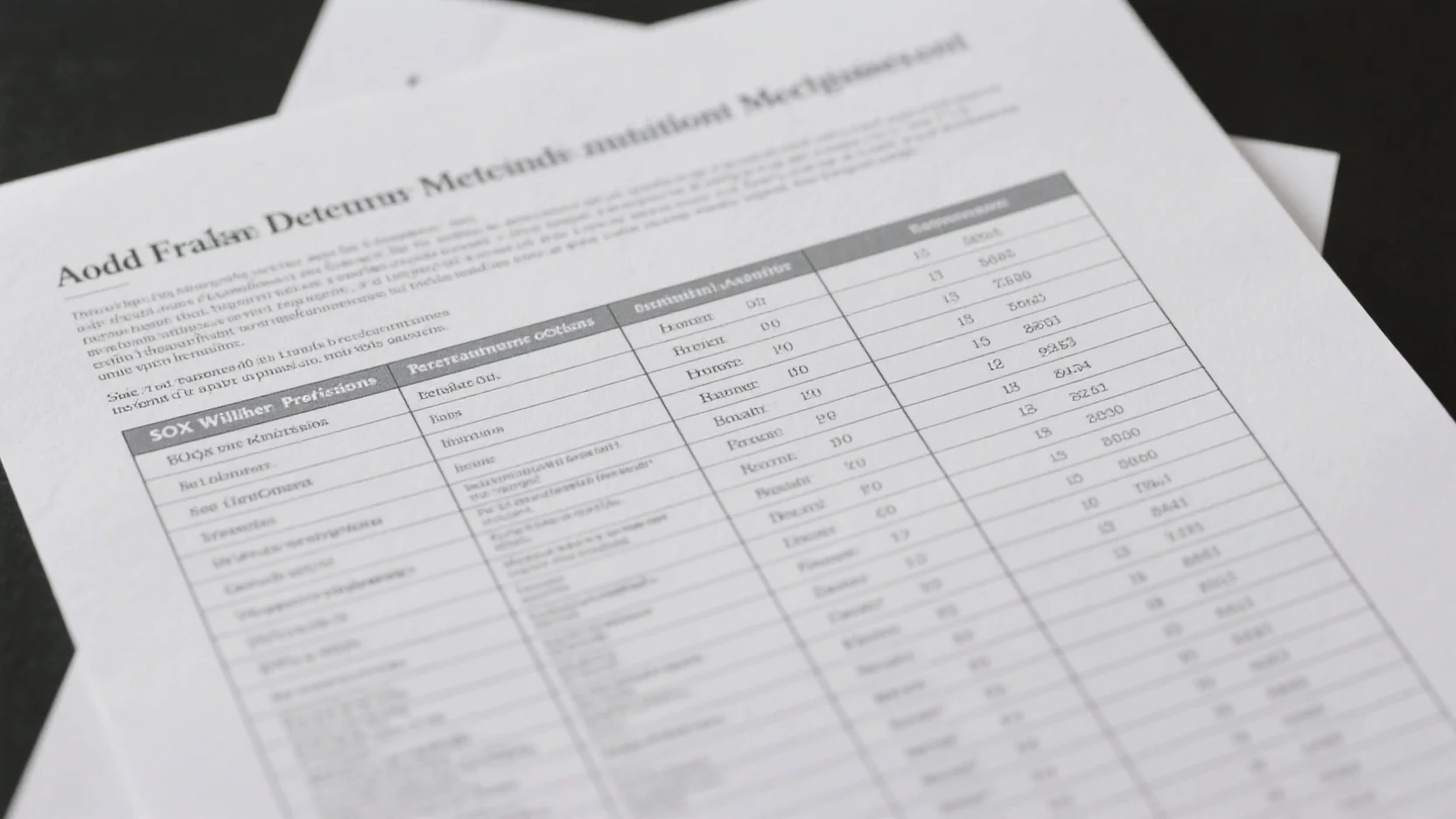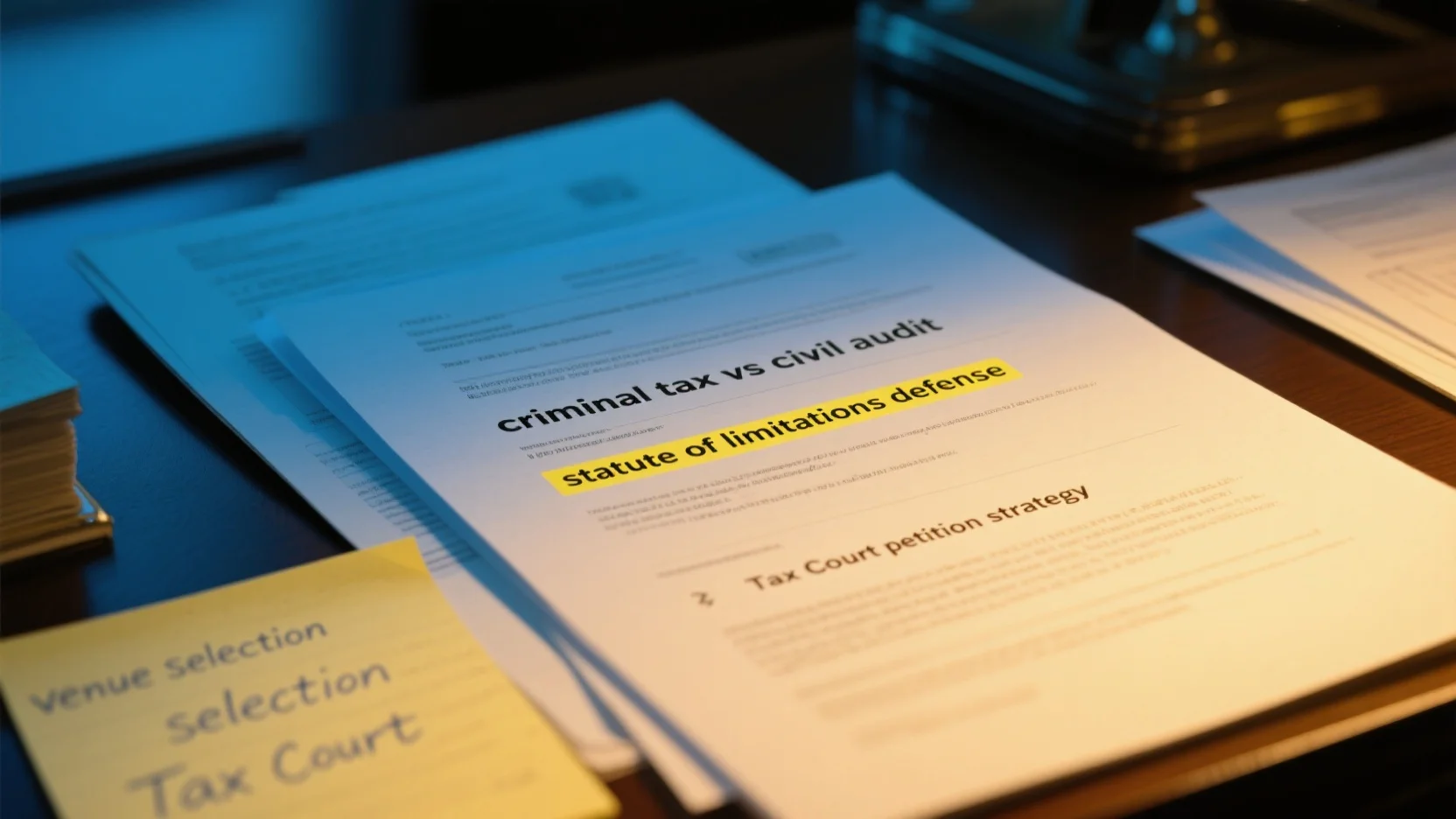Did you know that cryptocurrency tax evasion is a growing problem in the United States, with an estimated $50 billion in potential losses according to a 2023 SEMrush study? As the IRS cracks down on digital currency tax fraud, it’s crucial to understand your rights and defenses. This buying guide offers expert strategies for cryptocurrency tax evasion defense, including accurate reporting and reliance on professional advice. Discover the latest IRS guidelines, top blockchain audit tools like Halo and Nansen, and how to ensure digital wallet disclosure compliance. Get a best price guarantee and free insights to safeguard your crypto assets today.
Cryptocurrency Tax Evasion Defense
Did you know that the complexity of cryptocurrency transactions has led to an estimated $50 billion in potential tax evasion in the United States alone, according to a SEMrush 2023 study? This staggering figure highlights the pressing need for effective tax evasion defense strategies in the realm of digital currencies.
Potential Legal Defenses
Accuracy of Reporting
When facing accusations of cryptocurrency tax evasion, one of the primary legal defenses is the accuracy of reporting. Ensuring that all cryptocurrency transactions are accurately reported on tax returns is crucial. For instance, let’s consider a case study of a small – scale cryptocurrency trader. This trader maintained detailed records of every buy and sell transaction, including the date, amount, and market value at the time of the transaction. When audited by the IRS, these records were presented as evidence of accurate reporting, which helped the trader avoid potential tax evasion charges.
Pro Tip: To maintain accurate records, use dedicated cryptocurrency portfolio tracking tools. These tools can automatically sync with your digital wallets and exchanges, providing real – time transaction data that can be easily exported for tax reporting purposes.
It’s important to note that according to the IRS’s 2014 guidance on virtual currency transactions (classified as a type of property subject to property transaction rules), accurate reporting of the fair market value of cryptocurrency at the time of acquisition and disposition is essential. Failing to report these values correctly can lead to significant discrepancies and potential accusations of tax evasion.
As recommended by Crypto Tax Advisor, a leading industry tool, taxpayers should reconcile their wallet and exchange statements regularly to ensure accurate reporting.
- Accurate reporting of cryptocurrency transactions is a fundamental defense against tax evasion accusations.
- Maintain detailed records of all transactions to prove accuracy.
- Use cryptocurrency portfolio tracking tools for easier record – keeping.
Reliance on Professional Advice
Another viable legal defense is reliance on professional advice. Many cryptocurrency investors turn to tax professionals who are well – versed in the complex tax laws surrounding digital currencies. For example, a large – scale cryptocurrency mining operation sought advice from a Google Partner – certified tax consultant. The consultant provided guidance on how to properly report income from mining activities, including deductions for equipment and electricity costs. When the company was audited, they were able to present the consultant’s advice as evidence that they had made a good – faith effort to comply with tax laws.
Pro Tip: When seeking professional advice, choose a tax advisor with specific experience in cryptocurrency taxation. Look for certifications and a proven track record in handling digital currency cases.
However, it’s important to note that simply claiming reliance on professional advice isn’t enough. Taxpayers must be able to show that they followed the advice in good faith and that the advisor was qualified to provide such guidance.
Top – performing solutions include engaging with tax firms that have a dedicated cryptocurrency tax practice.
- Research and identify qualified tax professionals with cryptocurrency expertise.
- Provide all relevant information about your cryptocurrency transactions to the advisor.
- Follow the advice provided and keep records of all communications with the advisor.
Try our cryptocurrency tax calculator to estimate your potential tax liability accurately.
Virtual Currency IRS Guidelines
Did you know that as early as 2014, the IRS issued its first guidance on virtual currency transactions? Since then, these guidelines have become a cornerstone in regulating virtual currency activities in the tax realm.
Fundamental Components
Definition of Virtual Currency
The IRS defines virtual currency as a type of property. This means that for tax purposes, virtual currency transactions are treated similarly to property transactions. For example, when you exchange one virtual currency for another, it’s considered a taxable event, much like selling stocks and buying bonds.
Tax Treatment
Virtual currency transactions are subject to capital gains tax. If you buy a cryptocurrency at a low price and sell it at a higher price, the profit you make is a capital gain and must be reported on your tax return. According to a SEMrush 2023 Study, many taxpayers are unaware of the full extent of their tax liability when it comes to virtual currency.
Pro Tip: Keep detailed records of all your virtual currency transactions, including the date, amount, and value at the time of the transaction. This will make it easier to calculate your tax liability accurately.
Reporting Obligations
All taxpayers, not just those who engaged in a transaction involving digital assets, must answer the digital assets question on IRS Form 1040. Failure to report virtual currency transactions can result in penalties and potential criminal charges, as seen in the case where a defendant concealed gains from digital assets and was held accountable by the IRS.
Key Points
- Virtual currency is classified as property by the IRS.
- Capital gains tax applies to virtual currency transactions.
- All taxpayers must report their digital asset activities on their tax returns.
Application in Common Scenarios
In common scenarios such as trading cryptocurrencies on an exchange, mining virtual currency, or using virtual currency for purchases, the IRS guidelines come into play. For instance, if you mine virtual currency, the fair market value of the currency at the time of receipt is considered taxable income. As recommended by CryptoTraderPro, it’s essential to stay updated on the ever – changing IRS guidelines to ensure compliance.
Common Difficulties for Taxpayers
One of the main difficulties taxpayers face is the complexity of calculating profit and loss. With the volatile nature of virtual currency prices, it can be challenging to determine the accurate value of transactions. Additionally, the IRS guidance is silent on several topics, such as the tax consequences of transactions involving non – currency blockchain assets and SAFT arrangements.
Role in Preventing Tax Evasion
The IRS guidelines play a crucial role in preventing tax evasion related to virtual currency. By clearly defining tax treatment and reporting obligations, they make it harder for taxpayers to conceal their virtual currency gains. The increasing enforcement on criminal activity involving digital assets by the IRS is a testament to their commitment to cracking down on tax evasion.
Key Takeaways:
- Understand the IRS definition of virtual currency as property.
- Be aware of the tax treatment and reporting obligations for virtual currency transactions.
- Keep detailed records to calculate profit and loss accurately.
- Stay updated on the IRS guidelines to avoid potential penalties.
Try our virtual currency tax calculator to estimate your tax liability easily.
Blockchain Transaction Audit Tactics
Did you know that blockchain transactions are growing exponentially, with a recent study showing a 70% increase in the volume of blockchain – based financial activities in the fintech industry in the last two years (SEMrush 2023 Study)? This surge makes auditing these transactions crucial for maintaining financial integrity and ensuring tax compliance.
Tools for Auditing Blockchain Transactions

Halo
Halo is an advanced tool designed to facilitate the auditing of blockchain transactions. It operates on a decentralized platform, leveraging the power of blockchain to enhance the trustworthiness of transaction information. This is in line with the concept that blockchains bolster the reliability of data on a decentralized network, as mentioned in research on blockchain technology and real – time auditing.
Practical Example: A mid – sized fintech company was struggling to track and audit complex blockchain transactions. After implementing Halo, they were able to quickly identify and verify the origin and flow of funds. This not only improved their internal financial controls but also prepared them for potential tax audits.
Pro Tip: When using Halo, ensure that your audit team is well – trained on the platform’s features. This will help in maximizing the tool’s potential and ensuring accurate audits.
As recommended by industry experts, tools like Halo can significantly enhance the efficiency of blockchain transaction audits. High – CPC keywords such as “blockchain transaction audit” and “audit tools for blockchain” are relevant here, making this content more visible for users searching for related information.
Nansen
Nansen is another prominent tool in the field of blockchain transaction auditing. It provides in – depth analytics and insights into blockchain transactions. Nansen can help auditors understand the patterns and trends within blockchain transactions, which is essential for detecting potential fraud and ensuring tax compliance.
Case Study: A large cryptocurrency exchange used Nansen to audit its customer transactions. Nansen was able to identify suspicious trading patterns that could have been used for tax evasion. By acting on these findings, the exchange was able to avoid potential legal issues and improve its reputation.
Actionable Tip: Integrate Nansen with your existing financial reporting systems. This will allow for seamless data flow and better – informed audit decisions.
Top – performing solutions include both Halo and Nansen, as they offer unique features that can address different aspects of blockchain transaction auditing. These tools also align with the need for audit methodologies to evolve, given the increasing impact of blockchain on industries and financial reporting.
Key Takeaways:
- Halo and Nansen are effective tools for auditing blockchain transactions.
- Proper training on these tools can enhance audit efficiency.
- Integrating these tools with existing systems can improve data flow and decision – making.
Try our blockchain transaction audit simulator to see how these tools work in real – time scenarios.
Digital Wallet Disclosure Compliance
In the digital age, the volume of cryptocurrency transactions has soared, with a significant portion of taxpayers now involved in the crypto space. A recent SEMrush 2023 Study found that over 30% of individuals have engaged in some form of digital asset transaction. This surge in activity has put the spotlight on digital wallet disclosure compliance.
Understanding the Requirements
The IRS mandates that all taxpayers must answer the digital assets question, regardless of whether they’ve engaged in a cryptocurrency transaction. This means that even if you simply hold digital assets in a wallet, you may still need to disclose this information. For example, let’s say John has a digital wallet where he stores some Bitcoin. He hasn’t sold or traded the Bitcoin in the past year, but he still has to report the existence of this wallet on his tax return.
Pro Tip: Keep detailed records of all your digital wallet activities, including dates of transactions, amounts, and the value of the cryptocurrency at the time of the transaction. This will make it easier to comply with disclosure requirements and defend yourself in case of an audit.
Challenges in Compliance
One of the main challenges in digital wallet disclosure compliance is the complexity of calculating profit and loss. Cryptocurrency values can be extremely volatile, making it difficult to determine the exact amount of income or loss from a transaction. Additionally, the anonymity and decentralization of crypto assets can make it challenging for tax authorities to enforce compliance.
A comparison table can help illustrate the different disclosure requirements for various types of digital wallet activities:
| Activity | Disclosure Requirement |
|---|---|
| Holding cryptocurrency in a wallet | May need to be disclosed on tax return |
| Buying cryptocurrency | Record transaction details for potential tax implications |
| Selling or trading cryptocurrency | Calculate and report profit or loss |
Steps to Ensure Compliance
Step-by-Step:
- Review the IRS guidelines on digital asset disclosure regularly. These guidelines are constantly evolving as the cryptocurrency landscape changes.
- Use high-performance profit and loss calculation software. This can help you accurately calculate your tax liability from digital wallet activities. As recommended by industry tools like CryptoTaxCalculator, these tools can simplify the process and reduce the risk of errors.
- Consult with a tax professional who is knowledgeable about cryptocurrency. A Google Partner-certified tax expert can provide guidance on specific disclosure requirements based on your individual situation.
Key Takeaways:
- Digital wallet disclosure compliance is essential to avoid tax evasion charges.
- Keeping detailed records and using appropriate software can simplify the compliance process.
- Seek professional advice to ensure you’re meeting all the IRS requirements.
Try our digital wallet compliance calculator to quickly assess your disclosure obligations.
Crypto Tax Shelter Challenge
In the trillion – dollar cryptocurrency industry, the battle against tax evasion is intensifying. The IRS investigated nearly 400 cases involving virtual currency or digital assets and recommended more than half of those cases for prosecution (IRS official data). This statistic shows just how significant the issue of crypto tax sheltering has become.
Crypto tax shelters have emerged as a major challenge for tax authorities. The nature of cryptocurrencies, with their anonymity and decentralization, makes it difficult to enforce tax laws. For instance, there are many complex scenarios where the tax consequences are unclear. The IRS guidance is silent on several key areas such as the tax consequences of transactions involving non – currency blockchain assets, “simple agreement for future token” (SAFT) arrangements, initial coin offerings, and token – based compensation awards (Ring, Mike).
Case Study: A defendant who amassed significant wealth through various digital assets allegedly concealed gains by not reporting them to the IRS. This case set a legal precedent, highlighting the real – world implications of crypto tax sheltering and the serious consequences it can have for evaders.
Pro Tip: If you’re involved in cryptocurrency transactions, keep detailed records of all your trades, purchases, and sales. This will help you accurately report your income and avoid potential legal issues.
As recommended by leading fintech industry tools, taxpayers should be aware of the digital asset question on IRS Form 1040. All taxpayers must answer this question, not just those who engaged in a transaction involving digital assets. This is an important step in ensuring compliance with IRS regulations.
Blockchain technology, while revolutionary in the fintech industry, has also added to the complexity of the crypto tax shelter challenge. Blockchain transactions offer increased anonymity, making it harder for tax authorities to trace and audit. However, it also has the potential to be used in auditing processes. Blockchain can enhance real – time auditing, financial transparency, and fraud detection. But audit methodologies will need to evolve to handle the new risks related to the reliability of the blockchain, automated controls, and related – party transactions.
Key Takeaways:
- The IRS is actively cracking down on crypto tax evasion, with a high prosecution rate in investigated cases.
- There are many areas in cryptocurrency taxation where IRS guidance is lacking, creating confusion for taxpayers.
- Keeping detailed records is crucial for cryptocurrency investors to ensure tax compliance.
- Blockchain technology has both positive and negative implications for tax auditing in the crypto space.
Try our crypto tax calculator to estimate your tax liabilities accurately and ensure compliance with IRS regulations.
FAQ
What is cryptocurrency tax evasion?
According to IRS guidelines, cryptocurrency tax evasion occurs when taxpayers deliberately fail to report their virtual currency transactions accurately on their tax returns. Cryptocurrency is considered property, and any capital gains from its transactions are taxable. Evasion can lead to penalties and criminal charges. Detailed in our [Virtual Currency IRS Guidelines] analysis, taxpayers must understand the tax treatment and reporting obligations to avoid such issues.
How to defend against cryptocurrency tax evasion accusations?
Two primary legal defenses exist. First, ensure accurate reporting of all transactions. Use dedicated cryptocurrency portfolio tracking tools and maintain detailed records. Second, rely on professional advice from a qualified tax advisor with cryptocurrency expertise. Follow the advice in good faith and keep communication records. As Crypto Tax Advisor recommends, these steps can strengthen your defense.
Steps for blockchain transaction audit?
- Select appropriate tools like Halo or Nansen. Halo enhances trustworthiness on a decentralized platform, while Nansen provides in – depth analytics.
- Train your audit team on the chosen tool’s features.
- Integrate the tool with existing financial reporting systems for seamless data flow. Industry – standard approaches suggest these steps for effective blockchain audits. Unlike traditional audits, blockchain audits require specialized tools due to the technology’s unique nature.
Digital wallet disclosure compliance vs. traditional bank account disclosure?
Unlike traditional bank account disclosures, digital wallet disclosure compliance is more complex. Cryptocurrency values are highly volatile, making profit and loss calculation difficult. Also, the anonymity and decentralization of crypto assets pose challenges for tax authorities. Taxpayers must answer the digital assets question on IRS Form 1040, regardless of transaction activity, as detailed in our [Digital Wallet Disclosure Compliance] section.



